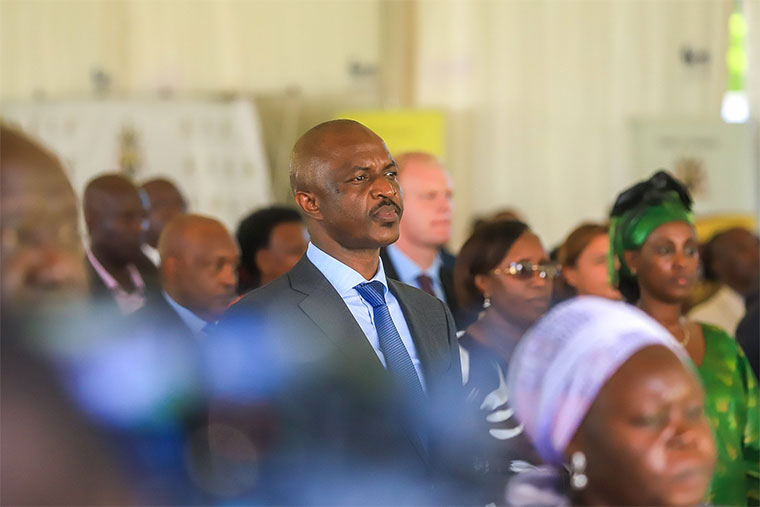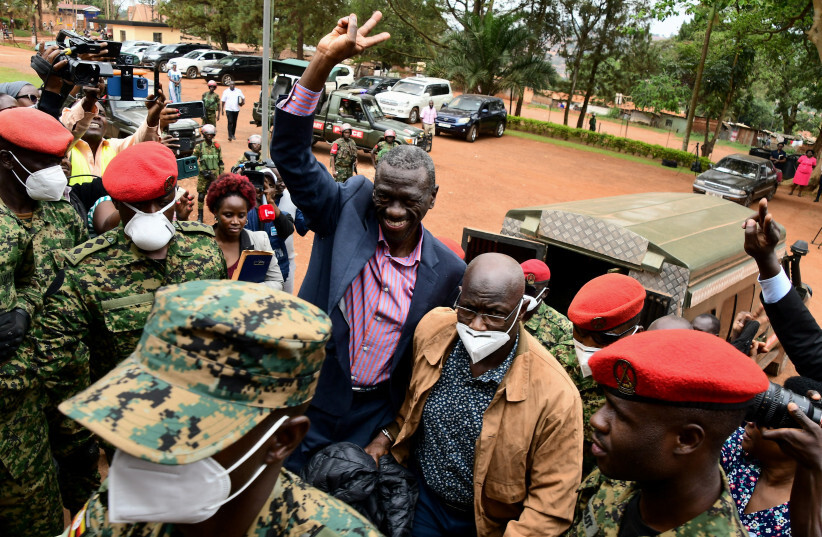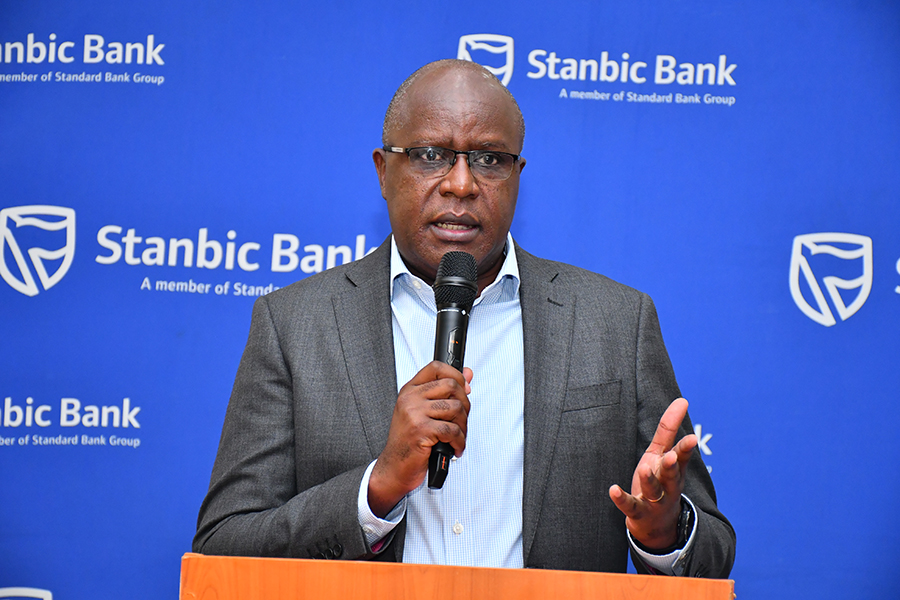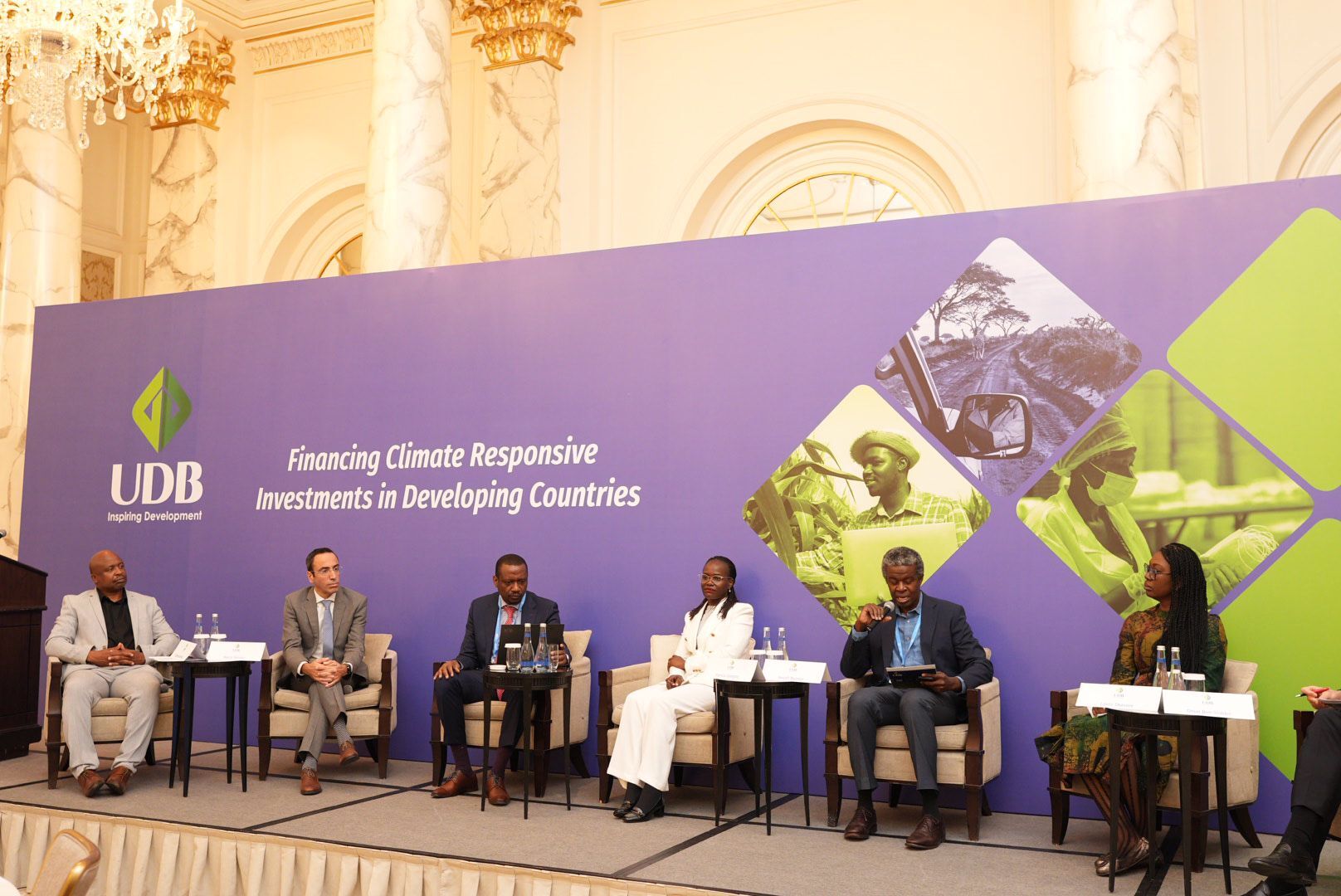A new survey has revealed that children across refugee settlements in Uganda experience high levels of emotional, physical, and sexual violence, which have a major impact on their wellbeing, including their physical andmental health, and their schooling.
According to the survey nearly 50% of 18-24 year old females and males experienced at least one of these forms of violence before age 18.
“In an era where refugee crises are ubiquitous and are considered as one of the most significant challenges of this century, we are humbled by this opportunity to work with the government of Uganda to meet their goals for the refugees that they host,” said Dr. Chi-Chi Undie, Research
Director, Baobab RPC.
“We hope that learnings and impacts from the first-ever HVACS reverberate across the wider region. Our work is foundational, and there is much more to be done. We hope that other programs will further the progress we have made.”
The suvey released yesterday in Kampala was conducted from March to April 2022 and targeted 13- to 24-year-old females and males drawn from all 13 refugee settlements in the country.
The study was undertaken by the Baobab Research Program Consortium (RPC) in collaboration with the Ugandan government and international organizations like the U.S. Centers for Disease Control and Prevention (CDC).
It revealed that children often miss school due to sexual violence. Despite high enrollment rates (over
90%), more than one-quarter (26%) of adolescent girls and more than half of adolescent boys (58%) (ages 13-17) missed school due to an experience of sexual violence.
It also showed that health concerns are more common among those who experienced violence in
childhood.
“Across age groups, a higher proportion of those who had experienced sexual, physical, or emotional violence confronted mental health concerns (mental distress, thoughts of suicide, or intentional self-harm) compared to their peers who had not experienced these violence forms,” the report revealed.
However, the survey revealed that disclosure of violence is very low, even if knowledge of where to seek care for violence is high.
Of those surveyed, 55% of females and 73% of males knew of a place to seek help for sexual violence. Yet only 17% of males and 5% of females who experienced sexual violence in childhood sought help, and 3% of females and 17% of males received help.
Dr Gloria Seruwagi of the Baobab Research Program Consortium and the Population Council said Uganda was the first country to conduct a comprehensive study on violence against children in refugee settings. She said it was important to protect refugees.
Lydia Wasula, Principal Probation and Welfare Officer for Uganda’s Ministry of Gender, Labour, and Social Development (MGLSD), said the survey was an eye-opener for the government that something needs to be done to end violence against children.
“The data must drive urgent action,” she said. “We must all act together to end this violence against children in the refugee settlements.”





